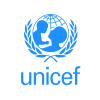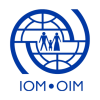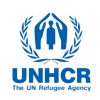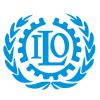"Top SDGs"

While the country has made progress in recent years in terms of economic growth and diversification, unemployment rates remain high (6%), particularly among young people aged 15-29 (10.1%) and women (7%, as compared to 4.9% for men). Furthermore, many workers continue to work in the informal sector without adequate social protection, and there are significant disparities in wages and working conditions across different industries and regions. MSMEs and social enterprises, including women-owned businesses, face significant challenges such as limited access to finance (only 8.2% of enterprises have access to credit, according to the World Bank’s Enterprise Survey 2021), insufficient skills and knowledge to adapt to the changing business environment, and regulatory hurdles. Agriculture remains the primary source of income for many rural households, but the sector is often characterized by low productivity, outdated technology, and limited market access. In 2022, the UN continued to work with national partners to address these challenges through programs aimed at promoting job creation and improving labour market outcomes, targeted support for MSMEs, vocational education and training and targeted support in rural value chain development.

young people (611 women) participated in skill-building sessions
people reached with campaign on vocational education
students benefited from career guidance and learning
people accessed 51 online lessons on vocational training
women from 12 districts received farming support
Country Gender Assessment for Agriculture was developed
new small businesses (83% by women) established
professions unbanned for women by the Parliamen
persons with disabilities engaged in inclusive VET programmes
Contributing Agencies:







